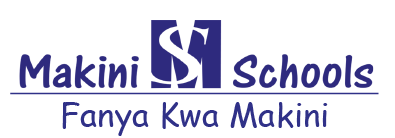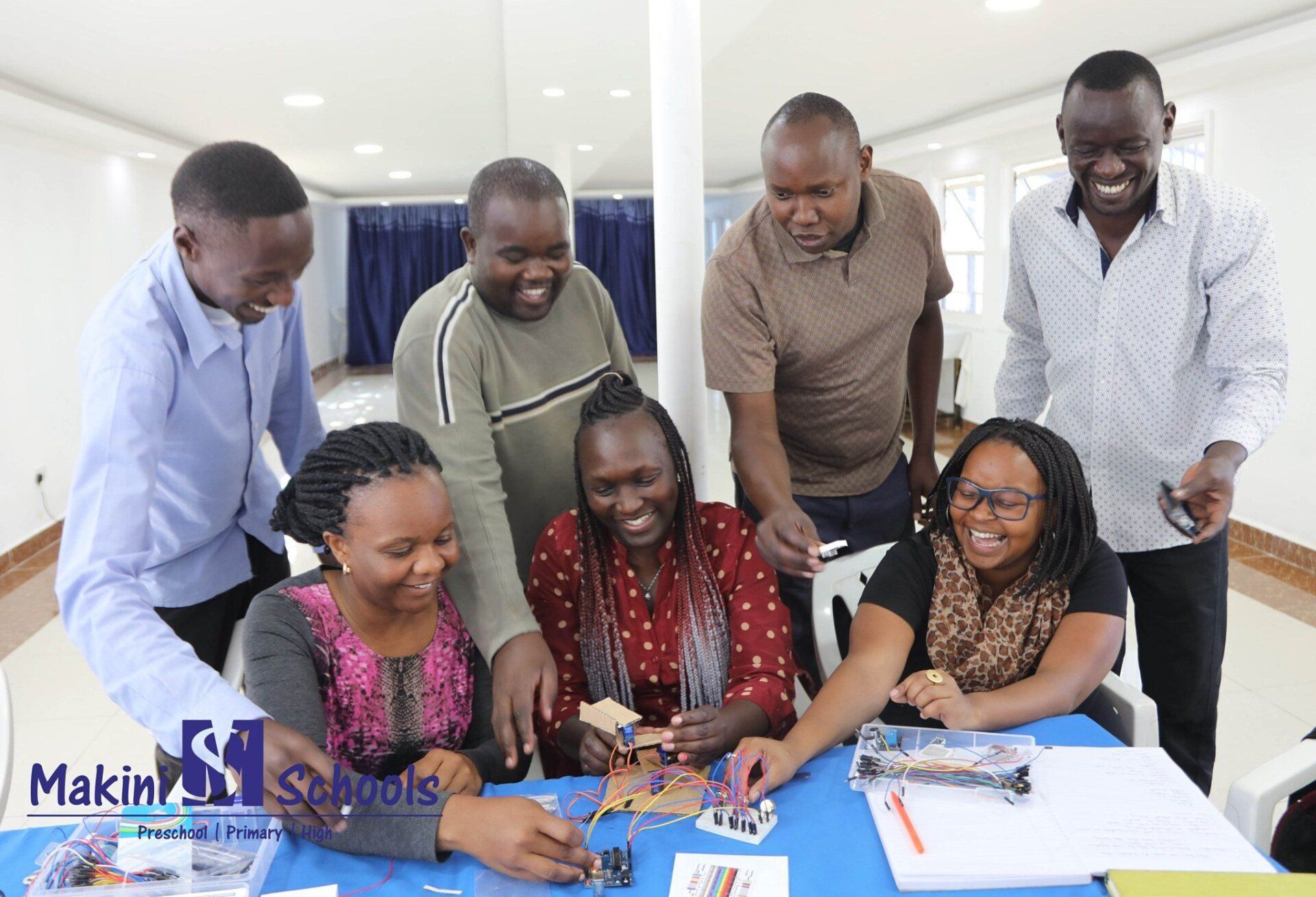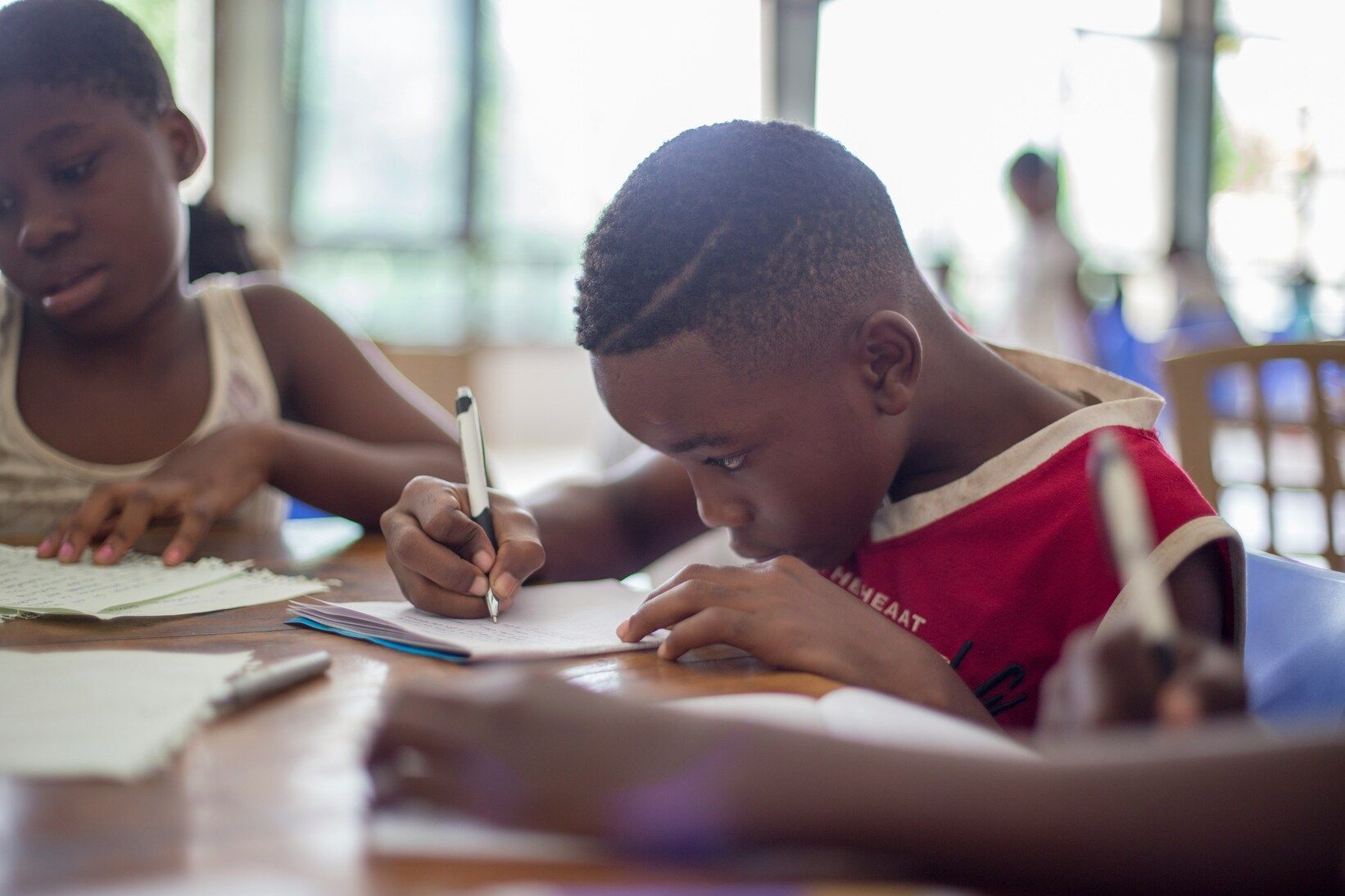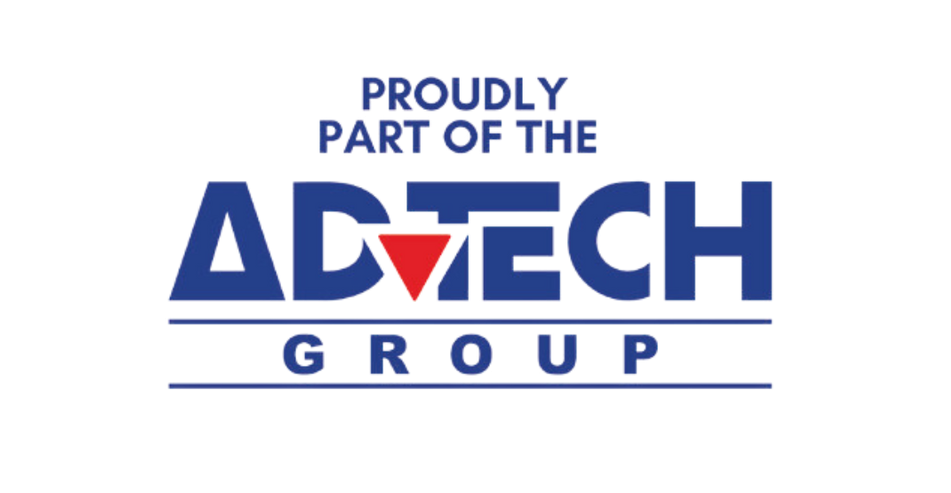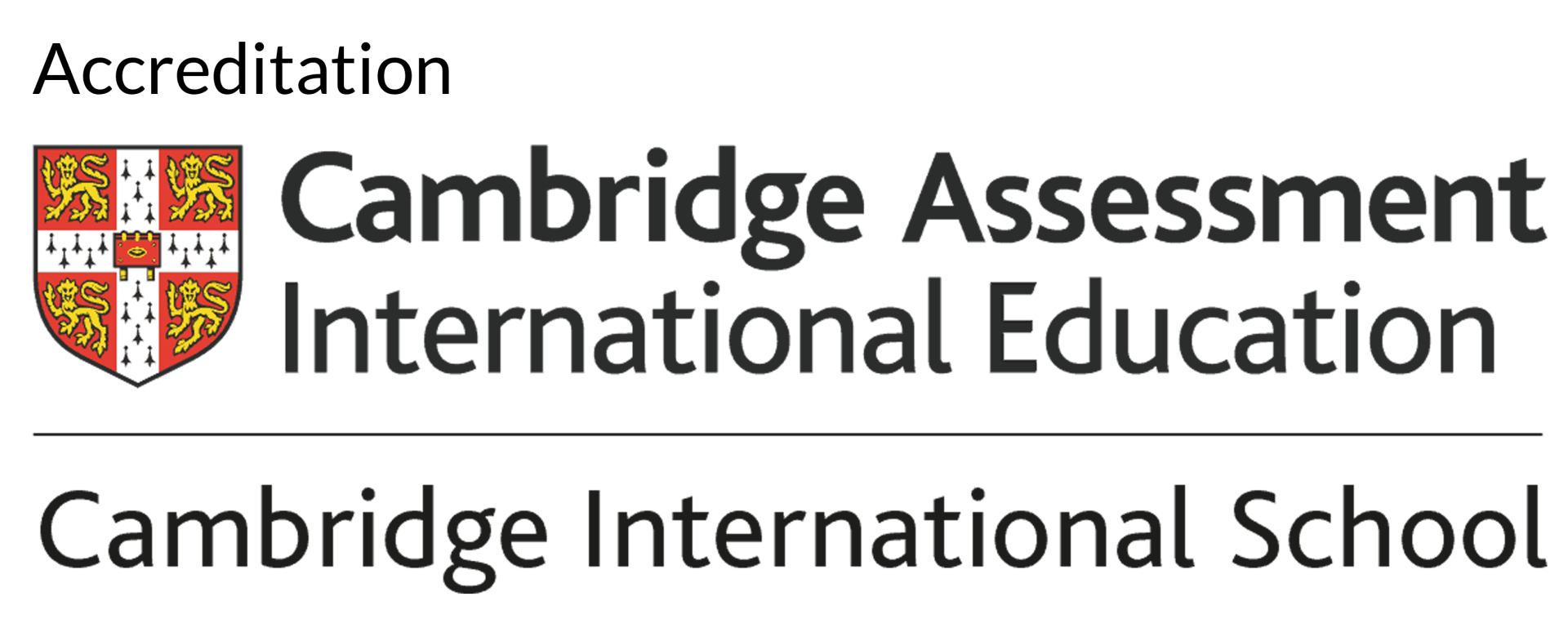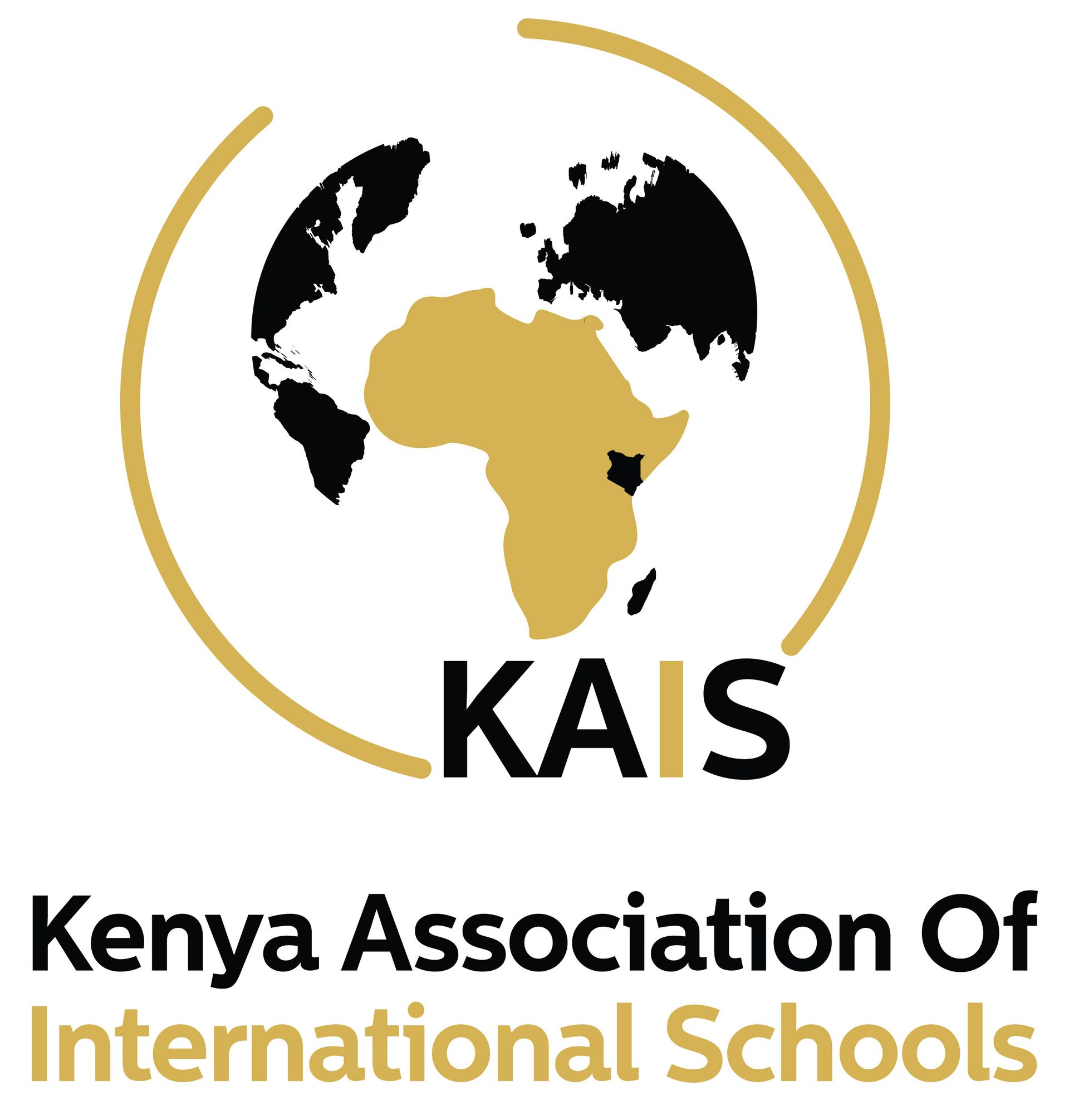Nutrition, Sleep, and Academic Performance: The Student Success Triangle
The Link Between Physical Health and Learning
Academic performance depends on far more than just effective teaching or diligent study habits. Nutrition and sleep in students are foundational elements that assist with focus, energy and overall cognitive performance. When students follow consistent healthy eating and sleep routines, they are better equipped to process information, participate in activities and retain their knowledge. On the opposite side of this, poor nutrition and irregular sleep patterns can lead to fatigue, reduced concentration as well as mood swings, affecting both learning outcomes and school wellbeing. Understanding the science behind these connections allows parents, teachers and students to make informed choices that enhance daily performance.
How Nutrition Affects Brain Function
The foods students consume have a direct impact on their brains. Nutrients such as omega-3 fatty acids, iron and B vitamins are essential for optimal memory, attention and energy levels. Brain-boosting foods like oily fish, leafy greens, eggs, nuts and whole grains provide the building blocks for neurotransmitters that regulate mood and cognitive function. Eating too much sugar, highly processed snacks and skipping meals can cause energy crashes, irritability and difficulty concentrating. Establishing routines around healthy eating for learning ensures that students have steady fuel throughout the school day, supporting both physical health and cognitive performance.
The Science of Sleep and Learning
Sleep plays an incredibly important role in consolidating memory, regulating emotions and maintaining attention. During deep sleep, the brain processes and stores information learned throughout the day, reinforcing long-term retention. Adequate sleep also enhances mood and behaviour, which are critical for productive classroom communication and engagement.
Recommended sleep durations vary by age:
· Children aged 6–13 typically need 9–11 hours
· Teenagers benefit from 8–10 hours.
Unfortunately, modern habits such as late-night studying, screen time and social media can disrupt these patterns. Understanding teen sleep patterns and prioritizing sleep and concentration strategies helps students harness the full benefits of restorative rest.
School Day Nutrition: What Should Students Eat?
Creating balanced meals throughout the day is essential for sustained focus. Breakfast could include oatmeal with fruit, eggs with whole-grain toast or yogurt with nuts, options that combine protein, healthy fats and complex carbohydrates. For lunch, encourage lean proteins, whole grains and vegetables, such as chicken and quinoa salad or lentil and veggie wraps. Healthy snacks, like fruit, nuts or hummus with vegetables, provide steady energy and prevent mid-afternoon crashes. Hydration is just as important: water should be the primary beverage, while sugary or energy drinks should be limited. By prioritizing diet and cognitive performance, students can maintain consistent energy levels and mental clarity, improving overall school engagement.
Creating Better Sleep Routines for Students
Establishing a predictable sleep schedule is one of the most effective ways to support learning. Encourage students to go to bed and wake up at the same time every day, even on weekends. Limiting screens at least an hour before bed helps regulate melatonin production, the hormone responsible for sleep. A calming pre-sleep routine that includes reading, journaling or light stretching can tell the body that it’s time to rest. Additionally, optimising the sleep environment with a comfortable mattress, cool temperature and minimal noise promotes deeper sleep. Consistent routines enhance sleep and concentration, allowing students to enter the school day alert and ready to learn.
Addressing Common Barriers
Implementing better nutrition and sleep habits can be challenging. Busy family schedules, picky eating or teen resistance to bedtime routines are common obstacles. Parents can tackle these gradually, introducing small changes rather than attempting an overnight overhaul. Offering new foods alongside familiar favourites, encouraging involvement in meal planning and framing bedtime as a positive, restorative choice rather than a restriction can improve adherence. Flexibility and patience are key, and even minor improvements can have meaningful effects on school wellbeing and academic outcomes.
What Makini Does to Help
Schools play a crucial role in supporting students’ physical and cognitive health. Makini School actively promotes healthy eating for learning through well-balanced canteen options and PSHE (Personal, Social, Health and Economic) lessons which are focused on nutrition and wellness. Extracurricular activities such as sports, dance and outdoor clubs further enhance students’ wellbeing by encouraging movement, teamwork and healthy lifestyle habits beyond the classroom. Programmes that educate students about sleep hygiene, mindfulness and stress management reinforce the importance of restorative rest and balanced energy. By integrating these practices into daily school life, educators help students build habits that support both academic achievement and long-term wellbeing.
The link between nutrition, sleep and academic performance is undeniable. Prioritising nutrition and sleep in students equips them with the energy, focus and cognitive resilience required for effective learning. Small, consistent changes, balanced meals, hydration, structured sleep routines and mindful attention to barriers, can lead to meaningful improvements in concentration, memory and overall school engagement. By combining the efforts of parents, teachers and school programmes, students can develop the habits that support lifelong learning and healthy, thriving school experiences.
FAQs
1. How do poor eating habits affect a child’s academic performance?
Skipping meals, consuming excessive sugar or relying on processed foods can cause energy crashes, reduced attention, irritability and decreased cognitive performance.
2. What are the best foods for focus and concentration in students?
Brain-boosting foods include oily fish, eggs, leafy greens, nuts, whole grains and fruit, which are all rich in nutrients that support memory, attention and energy levels.
3. How many hours of sleep do students need?
Children aged 6–13 typically require 9–11 hours, while teenagers need 8–10 hours to support memory consolidation, mood and attention.
4. Can lack of sleep impact exam performance?
Yes. Inadequate sleep reduces concentration, slows cognitive processing and impairs memory, directly affecting learning and exam results.
5. What role should schools play in promoting nutrition and sleep?
Schools can provide balanced meal options, incorporate nutrition and wellness education, teach sleep hygiene and offer mindfulness sessions to support overall student wellbeing.

